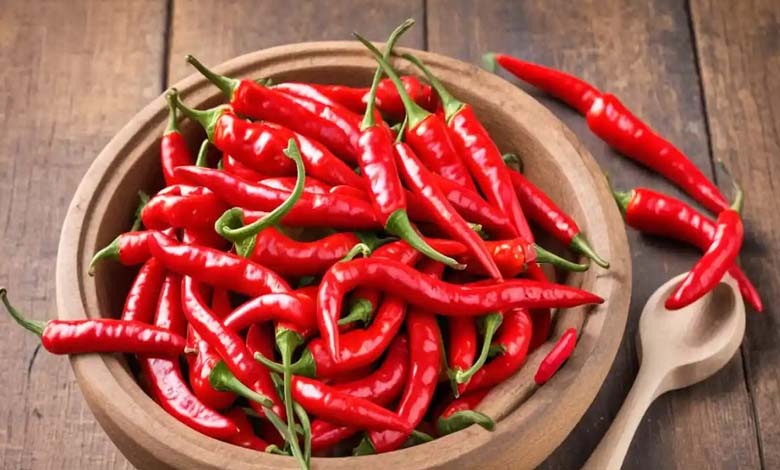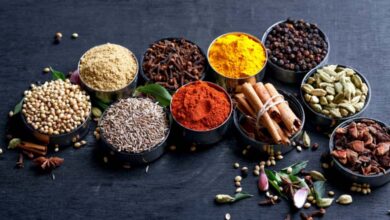Excessive chili consumption may increase the risk of digestive system cancers

Chili peppers, an essential ingredient in many culinary traditions worldwide, are often praised for their ability to enhance flavor, stimulate metabolism, and provide antioxidant benefits. However, recent studies suggest that excessive consumption of chili, particularly due to its active compound capsaicin, may be linked to a higher risk of developing certain cancers of the digestive system. This finding challenges the long-standing belief that spicy foods are harmless when consumed regularly.
Medical research conducted across Asia, Latin America, and Europe has identified a potential association between frequent, high intake of capsaicin and chronic irritation of the gastrointestinal lining. Prolonged inflammation of these tissues can lead to cellular damage, creating conditions that may evolve into precancerous lesions or malignancies such as stomach, esophageal, or colorectal cancer.
Capsaicin, while known for its antimicrobial and pain-relieving properties, is also a strong irritant when consumed in large amounts. For individuals with pre-existing conditions such as gastritis, ulcers, or acid reflux, excessive chili intake can worsen symptoms, disrupt gut microbiota balance, and promote an environment favorable to abnormal cell growth.
-
Simple eating habits to adopt to have a slim body after 50
-
How Low-Carbohydrate Diets Affect Your Mood
Experts emphasize the importance of moderation. In reasonable quantities, chili can indeed provide health benefits—it stimulates digestion, enhances thermoregulation, and supports weight control by increasing energy expenditure. The danger lies in chronic overconsumption. Studies indicate that people who consume large quantities of chili daily for extended periods face significantly higher risks of digestive tract disorders than those who consume it occasionally.
The biological mechanisms behind this phenomenon are complex. Researchers suggest that repeated irritation caused by capsaicin promotes oxidative stress, leading to the production of free radicals that damage cellular DNA and trigger mutations. Chronic inflammation further weakens the regenerative capacity of the digestive mucosa, making it more susceptible to chemical and dietary aggressions.
-
Eating While Standing: A Modern Habit with Hidden Effects on Digestion and Health
-
Excessive Vitamin D Intake: A Hidden Threat to Digestive and Metabolic Health
This issue is particularly relevant in regions where spicy food is a daily staple, such as parts of India, Mexico, Thailand, and South Korea. Epidemiological data show higher rates of gastrointestinal cancers in these populations, though genetic and environmental factors may also play a role.
Nutritionists recommend a balanced approach: maintain dietary variety, avoid excessive use of hot spices, and pay attention to the body’s reactions. Individuals with digestive problems should limit their intake of chili or choose milder varieties. Public health authorities also encourage further investigation into the long-term effects of capsaicin to better understand its role in digestive carcinogenesis.
Ultimately, chili should not be demonized but rather consumed with awareness. It remains a symbol of energy, culture, and culinary pleasure, yet it also serves as a reminder that even natural ingredients, when overused, can become potential threats to human health. Moderation, as always, is the foundation of balance and well-being.












